Dyslexia is a learning disorder that affects reading, writing and information processing. It involves difficulties with recognising speech sounds and understanding their relation to letters and words, spelling, and visual-verbal response. These difficulties typically result from differences in function in areas of the brain that are responsible for processing language.
The content on this page is provided solely for information purposes and has been kindly reviewed by British Dyslexia Association- October, 2022. If you think you have dyslexia, please visit www.bdadyslexia.org.uk for further information.
Dyslexia is an invisible disability
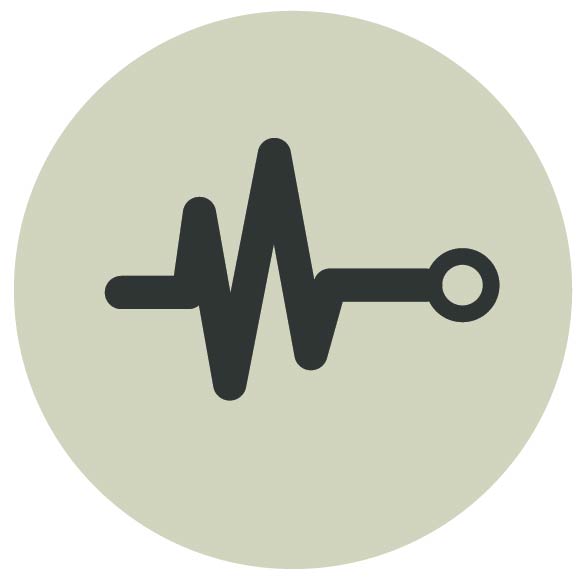 Common Dyslexia is the most common specific learning disability.
Common Dyslexia is the most common specific learning disability.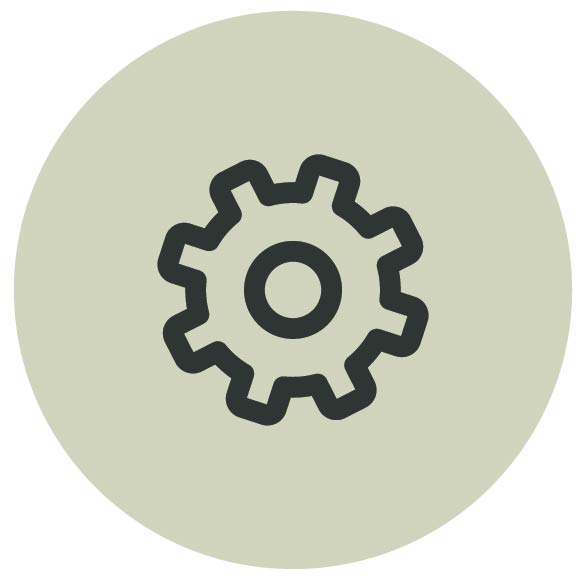 1 in 10 of the world’s population are estimated to have dyslexia.
1 in 10 of the world’s population are estimated to have dyslexia. No Link There is no link between dyslexia and intelligence.
No Link There is no link between dyslexia and intelligence.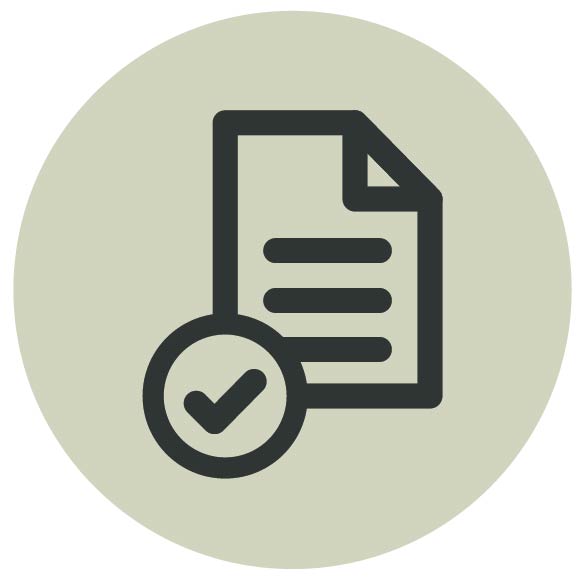 Runs in families Parents with dyslexia are highly likely to have children with dyslexia.
Runs in families Parents with dyslexia are highly likely to have children with dyslexia. All backgrouds People from all backgrounds are equally affected by dyslexia.
All backgrouds People from all backgrounds are equally affected by dyslexia.
Although dyslexia is characterised by impaired reading and writing ability, it is not due to intelligence or other reading or writing problems caused by hearing and visual conditions.
Dyslexia is a lifelong disability that causes individuals to experience challenges on a day-to-day basis. However, changes to the environment can affect the nature and extent of difficulties experienced.
Signs of Dyslexia
Dyslexia affects everyone differently with their own profile of strengths and weaknesses. Some of the most common signs of dyslexia are outlined here:
- Slow reading and writing.
- Problems with spelling.
- Omitting words or letters when writing or reading.
- Writing letters, the wrong way (for instance, writing “d” instead of “b”).
- Difficulty with math.
- Spending longer time to complete tasks that involve reading or writing.
- Confusion with visually similar words such as “bat” and “bot”.
Effects on and challenges faced in daily life
Asides from the core challenges with reading and writing, dyslexia can affect many other aspects of life. Here are some everyday activities and skills a person with dyslexia may find challenging:
- Focusing and concentration.
- Retaining information and remembering complex instructions.
- Organising and expressing thoughts when speaking or writing.
- Telling the time, remembering dates, or to judging how long a particular task will take.
- Planning and organising.
- Multi-tasking.
- Telling the difference between “right” and “left.,” as well as following or giving directions.
- Getting lost or feeling anxious about going to unfamiliar places.
- Problems with self- confidence and low self-esteem.
Assistance and support you can offer
Dyslexia like other non-visible disabilities is different for everyone, and it is impossible to generalise the below recommendations for all.
Dyslexia covers a spectrum of difficulties; so, each person will have their unique experiences. To offer your support, it is recommended that you take time to learn about dyslexia and understand the way it may be affecting the people around you. Here are other ways you can support people with dyslexia:
- Use a slower pace when you are speaking. Repeat instruction.
- Break down information into small pieces to make it easier to process.
- Be patient and allow time for response and feedback.
- Do not make assumptions that you know what is best. Allow the individual to come to you when they need help.
- Recognise that stress can make dyslexia symptoms worse. If you find someone is having a stressful time, be understanding.
Look out for these Sunflower icons
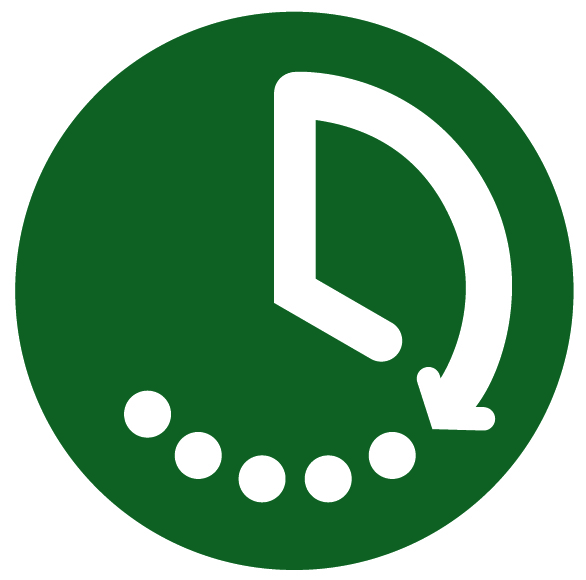 I may need more time
I may need more time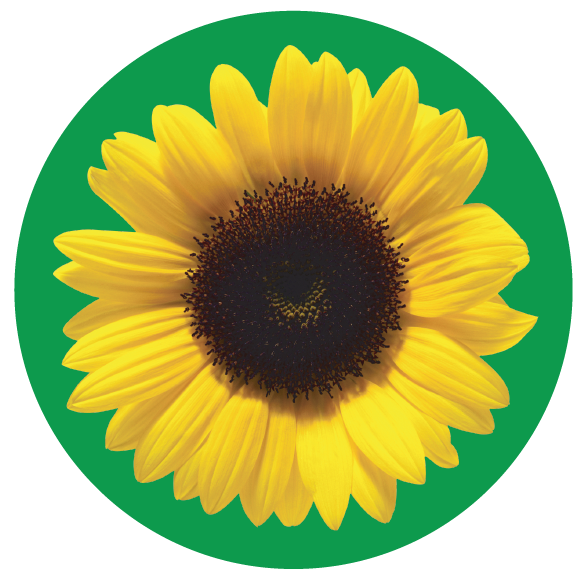 I have a hidden disability
I have a hidden disability
The content on this page is provided solely for information purposes and provides an overview of the subject matter covered. It is not a substitute for professional medical advice, diagnosis or treatment. If you think you have dyslexia, please seek further information. The information on this page is subject to change without notice.
The content on this page is provided solely for information purposes and has been kindly reviewed by British Dyslexia Association (Oct 2022).
For more information, please visit British Dyslexia Association.





